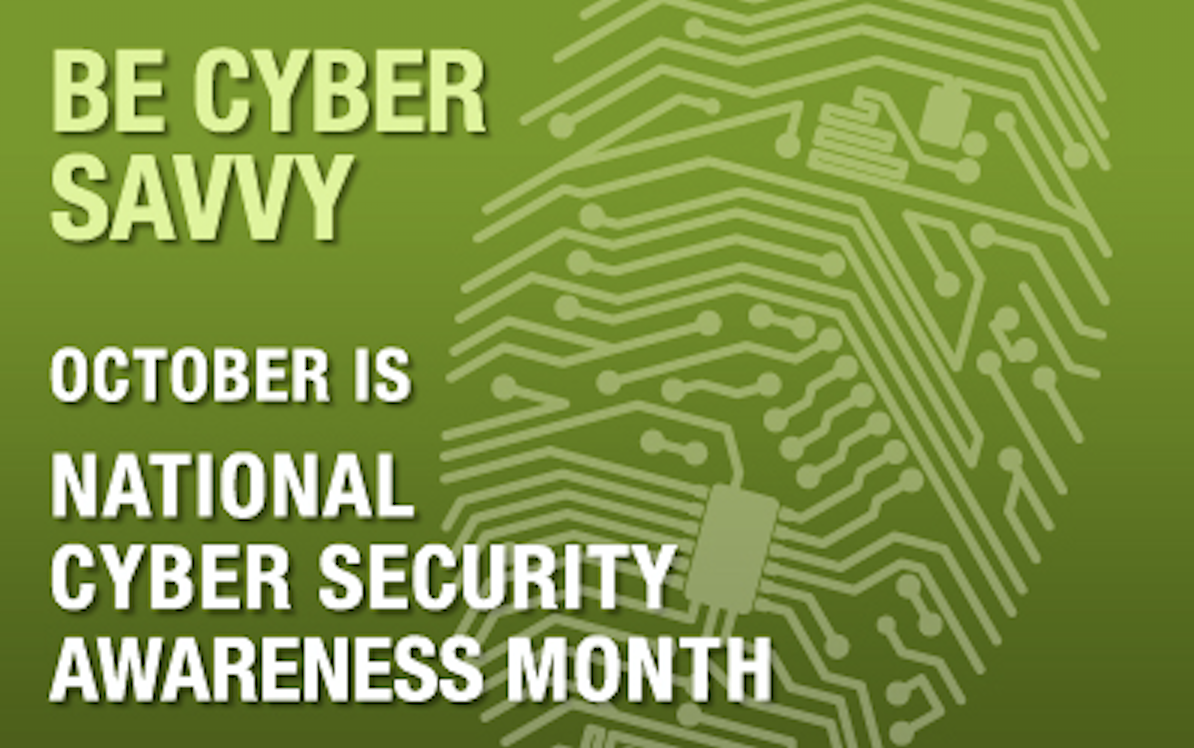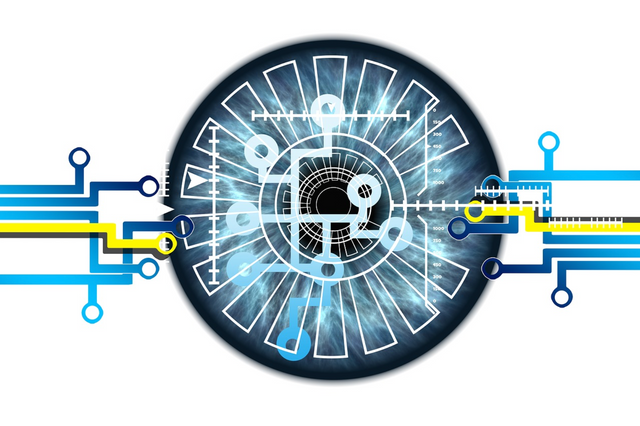Why Bitcoin is an anomaly that escapes understanding by authority
For thousands of years now, money has involved some sort of third party for verification purposes. We have a system that is so ingrained that the average person doesn’t see how unnecessary several components of the financial system really are. Part of this is because we avoid change as a species. But we also don’t question why procedures are done any more.

(Google images - Wikimedia Commons)
For one thing, identification really isn’t necessary any more and in fact is more of a security hazard that threatens to create greater instability in the future. When you exchange cash do you ask who someone is as if the money might not be good enough otherwise? Of course not. We just look at the bill and if it seems OK, it’s the same as any other. But money when it’s digital can begin to lose fungibility.
The reason why ID is no longer necessary has to do with the fact that Satoshi Nakamoto solved the “byzantine generals problem” without the use of central authority for the first time in 2008. You can read about how that was done here. As for when ID is desired, there are ways to prove identity without centralizing that information by using blockchain technology. The truth is that ID really isn’t necessary for most things but that information is abused by those in power for personal ends such as advertising (and worse by hackers on the dark web).
Biocryptics can be used in place of biometrics by using biometrics as inputs to SHA256 to generate a hashing signature. This is superior to using biometrics directly because it’s much easier to change a cryptographic algorithm than to change your biometrics. Also there are certain situations where biometrics might not be available so a universal use of a single biometric is not really possible. What if someone is blind or had both hands amputated?

(Google images - Wikimedia Commons)
Iris scans, retinal scans, DNA and finger prints can all serve as inputs to SHA256 and when these aren’t available, testimony recorded on the blockchain and encrypted back to an external source (such as a trezor wallet) is the best way to go to avoid compromise.
Why is this so? Would you rather that some hacker can hack one central database once and get 143 million records (as was recently the case with Equifax), or would you rather a hacker be forced to attack 143 million machines and depending upon the success or failure of each attack, get rewarded with only 1 record worth about $20? I think you can see that in the latter case, that hackers wouldn’t even bother with such an attack because, they’d have to have 143 million times the computing power and that would be a huge electric bill!
But for the foreseeable future, authority will try to convince you that it is necessary to keep this data all in one place. Be educated and don’t believe them. As an IT expert, I know better. Hopefully you will too.
Donations (public bitcoin address):

3FwxQsa7gmQ7c1GXJyvDTqmT6CM3mMEgcv

Great piece! I agree that most things we do in every day life don't need us to identify who we are to execute said actions. For the things that do I find Civic to be a great startup with a lot of promise. They already have a mobile app, web app with identity fraud protection, and many companies using the Civic platform as a way log into their site.
Also their token is super cheap right now :D